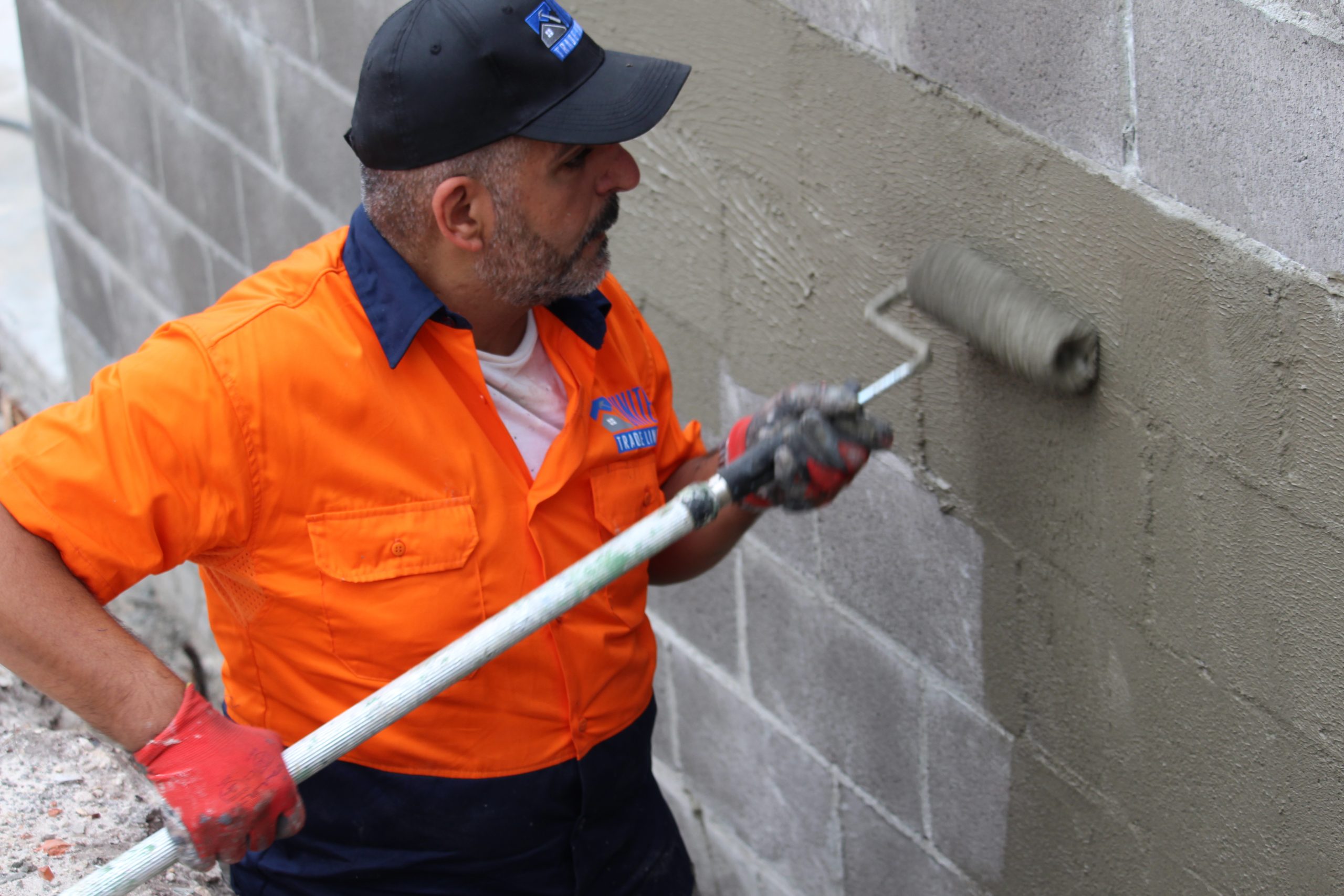Your home or workplace is a fortress that protects you from various elements. Now, picture water slowly seeping through its defences, undermining its strength. That’s where the need for waterproofing comes in.
Whether you’re a homeowner or a business owner, considering why waterproofing is crucial for walls is vital in safeguarding your property from potential damages. In this blog, we will help you explore the necessity of retaining walls waterproofing.
1. Shield Your Asset
Your home is one of the most important investments you’ll make. Waterproofing ensures its durability by preventing water damage. Moisture imposition can lead to structural problems, negotiating the foundation that holds your investment together. You are upkeeping your property against the costly repairs that water damage can make by taking the active step of waterproofing your walls.
2. Mold and Mildew Stoppage
Mold and fungi flourish in moist environments. Unchecked water infiltration provides the perfect breeding ground for these harmful intruders. Waterproofing your walls is a blockade, keeping moisture at bay and reducing the risk of mold growth. This guards your property and contributes to a healthier indoor environment for you and your family.
3. Basement Waterproofing Matters
Remember the often-neglected basement. Waterproofing this below-ground space is crucial, as it’s particularly vulnerable to water infiltration. A damp basement not only deteriorates usable space but also threatens your home’s structural integrity. Remember, a dry basement provides additional living or storage space without worrying about water-related issues. This, in turn, always keeps reserved space for you to store your stuff.
4. Foundation Integrity
Your home’s foundation is its backbone; water can be its silent adversary. Without proper waterproofing, water seepage can compromise the structural honor of the foundation. Over time, this can lead to cracks and a declining foundation. You are safeguarding that your home stands on a compact and secure foundation for years to come by investing in waterproofing.
5. Preserving Indoor Air Quality
Have you ever noticed a musty smell in a damp room? That indicates poor indoor air quality, often caused by water-related issues. Waterproofing prevents water intrusion, reducing the likelihood of airborne pollutants. As you protect your walls, you also preserve the air you breathe. Hence, you must consider waterproofing as a proactive measure to maintain a fresh and healthy indoor environment for you and your family.
6. External Waterproofing Solutions
The battle against water damage isn’t limited to interior spaces. External waterproofing solutions, such as sealants and coatings, add a layer of defense to your walls. You are reinforcing your home’s resistance to the elements by addressing vulnerabilities from the outside. Remember, a comprehensive waterproofing strategy involves interior and exterior measures for maximum protection.
Conclusion
In homeownership, waterproofing isn’t a luxury—it’s a necessity. You are securing your investment and preserving indoor air quality, along with fortifying your home against the silent threat of water damage by prioritizing this protective measure.
It is wise to know that a dry home is resilient, standing strong against the elements for generations. It would help if you considered the long-term benefits of retaining walls waterproofing and empowering your home to withstand the test of time.



